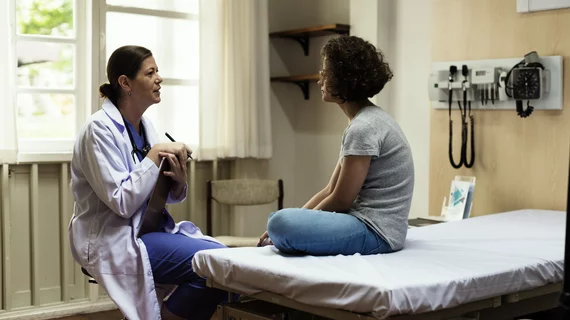Hospitals are becoming safer places for patients, after a decline in hospital-acquired conditions saved approximately 20,000 lives and $7.7 billion in costs, according to data from the Agency for Healthcare Research and Quality (AHRQ).
The conditions, such as adverse drug events and healthcare-associated infections, were reduced by 910,000 from 2014 to 2017, or about 13 percent, the data revealed. The decline represents a drop from 99 conditions per 1,000 acute care discharges to 86 per 1,000 discharges during the timeframe.
The findings align with CMS’ goal to reduce hospital-acquired infections by 20 percent from 2014 to 2019. Meeting that goal would result in 1.8 million fewer conditions, potentially saving 53,000 lives and $19.1 billion in hospital costs.
“The updated estimates are a testament to the successes we’ve seen in continuing to reduce hospital-acquired conditions,” AHRQ Director Gopal Khanna, MBA, said in a statement. “There’s no question that challenges still remain in addressing the problem of hospital-acquired conditions, such as pressure ulcers. But the gains highlighted today were made thanks to the persistent work of many stakeholders’ ongoing efforts to improve care for all patients.”
The downward trend was consistent for several hospital-acquired conditions, including catheter-associated urinary tract infections, central-line associated bloodstream infections, Clostridioides difficile infections, pressure injuries (pressure ulcers) and surgical site infections, according to AHRQ.
Adverse drug events dropped 28 percent over the time period, though improvements in several areas can still be achieved. The decline underscores that initiatives by CMS to improve patient safety may be working.
“Our work isn’t done and we will continue our efforts to hold providers accountable for delivering results,” CMS Administrator Seema Verma said in a statement.
CMS has been working to instill best practices for harm reduction across more than 4,000 acute care hospital through its Hospital Improvement Innovation Networks, which regularly engages hospitals, providers and the caregiver community to implement evidence-based practices in harm reduction to improve the quality of care for Medicare beneficiaries.
The findings were praised by Atul Gawande, MD, MPH, CEO of the healthcare venture between Amazon, Berkshire Hathaway and JPMorgan Chase.
“This is a big deal,” he tweeted on Jan. 31 about the results.

